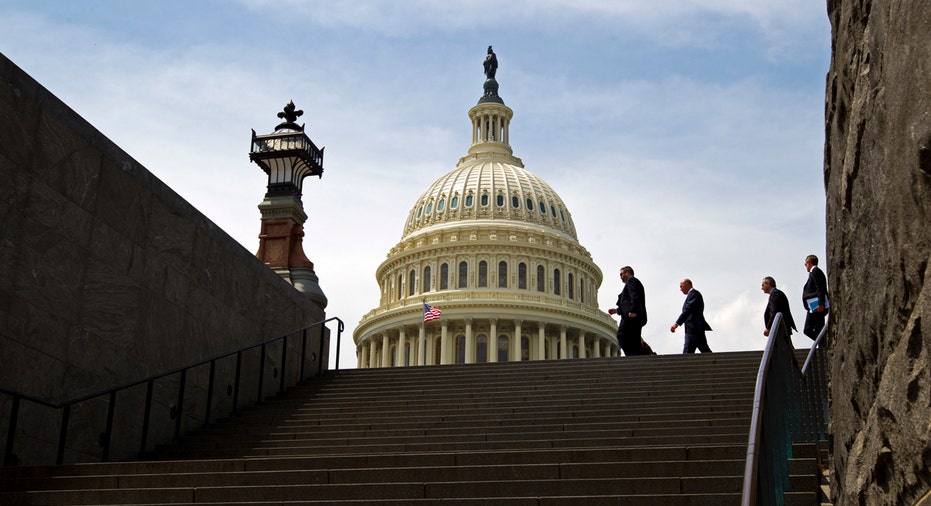Lawmakers have 1 month to take action on these must-pass items

As Congress returns from August recess on Tuesday, lawmakers have a tall list of items to accomplish before the onset of the new fiscal year in October.
While Republicans hold the presidency and a majority in both the House of Representatives and the Senate, intraparty divisions have delayed some of the GOP’s major legislative initiatives throughout the first several months of Trump’s tenure, which some believe could cause challenges for the remaining must-pass items in September.
Here’s a look at the to-do list for lawmakers as they head back to work.
Budget
One of the major legislative tasks ahead for Congress is agreeing on a budget for the coming fiscal year. Without one, the government will shut down – something experts believe could rattle the financial markets.
The GOP budget proposal calls for controversial cuts to a variety of government programs and agencies, such as the Environmental Protection Agency, the Labor Department, the Department of Health and Human Services and the State Department. It would eliminate a total of $200 billion from social and welfare programs, which some conservative Republicans believe is too modest, while more moderate members believe is too severe. The proposal also calls for a $54 billion increase in defense spending.
Passing a budget is also critical for the president’s tax reform overhaul, which the White House expects to pass before year’s end. Republicans will include a mandate to approve tax reform through the fast-track process known as reconciliation in the new spending deal, which means they would only need a simple majority to move new tax-related legislation through Congress.
Debt limit
As lawmakers return to Capitol Hill, they will have just weeks to tackle another pressing issue: the debt ceiling. Failure to pass a deal to raise the United States’ borrowing authority will result in the government being unable to repay its dues, including Social Security benefits.
Treasury Secretary Steven Mnuchin, who repeatedly requested Congress strike a deal to raise the debt limit before the August recess, warned lawmakers in July that it was “critical” for Congress to act to increase the nation’s borrowing authority by Sept. 29.
However, passing a debt ceiling bill swiftly could be challenging for lawmakers since Republicans are divided on the best strategy. Conservative members of the party traditionally favor attaching spending reform riders to the debt limit increase as a way to move toward a balanced budget over time. However, Mnuchin has pressed multiple times for a “clean” debt ceiling bill, passed with no strings attached.
That debate has caused some division within the administration itself. Office of Management and Budget Director Mick Mulvaney, a known deficit hawk, has indicated he and Mnuchin are at odds about whether the debt ceiling legislation should have spending provisions added on.
Stabilize the insurance market
Starting in the beginning of September, the Senate health committee will begin hearings on stabilizing the insurance marketplace for both companies and consumers. The committee’s chair, Sen. Lamar Alexander (R-Tenn.), asked the president to continue funding cost-sharing reduction subsidies, or reimbursements for discounted care provided to low-income individuals, while lawmakers work on legislative adjustments to keep health care prices down.
The Trump administration said in August it would continue to pay insurers through the month, though the ultimate future of the funding is uncertain.
Policy ambiguity has caused some insurers to pull individual plans from the health care marketplace in 2018. Health care companies have been seeking signs of stability from the government, particularly where cost-sharing reduction subsidies are concerned, before they make final pricing and participation decisions.
Insurers have until Sept. 5 to submit their final premium requests and until Sept. 27 to sign final contracts for next year’s plans.
Tax reform
Though they face no explicit deadline in September, legislators need to make progress on crafting a tax bill in order to meet the White House's end-of-year deadline for reform. Administration officials have said they are laser-focused on producing a bill, though specific details have not yet been ironed out. The GOP is still divided over how low to cut the corporate tax rate and whether the tax overhaul should be revenue neutral.



















